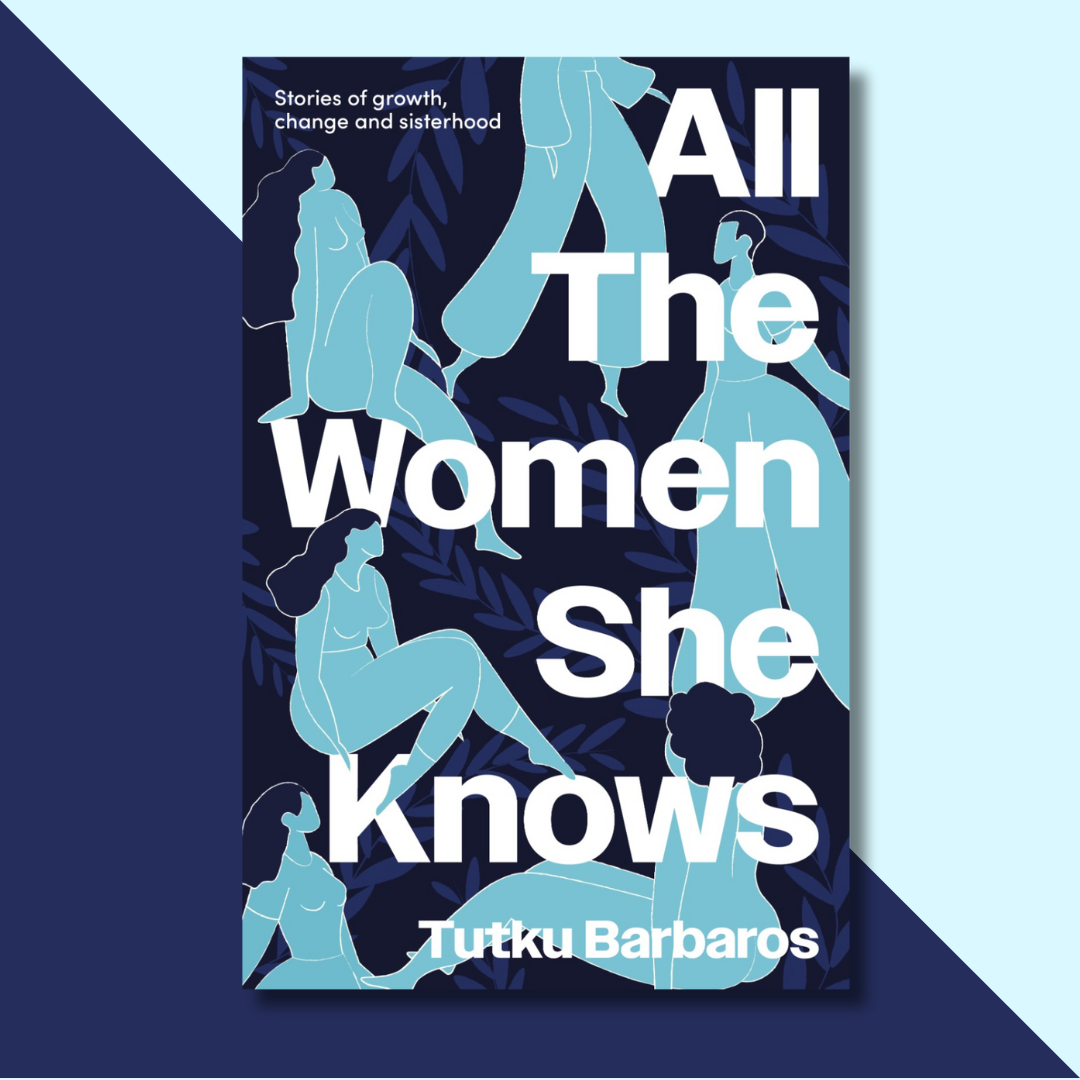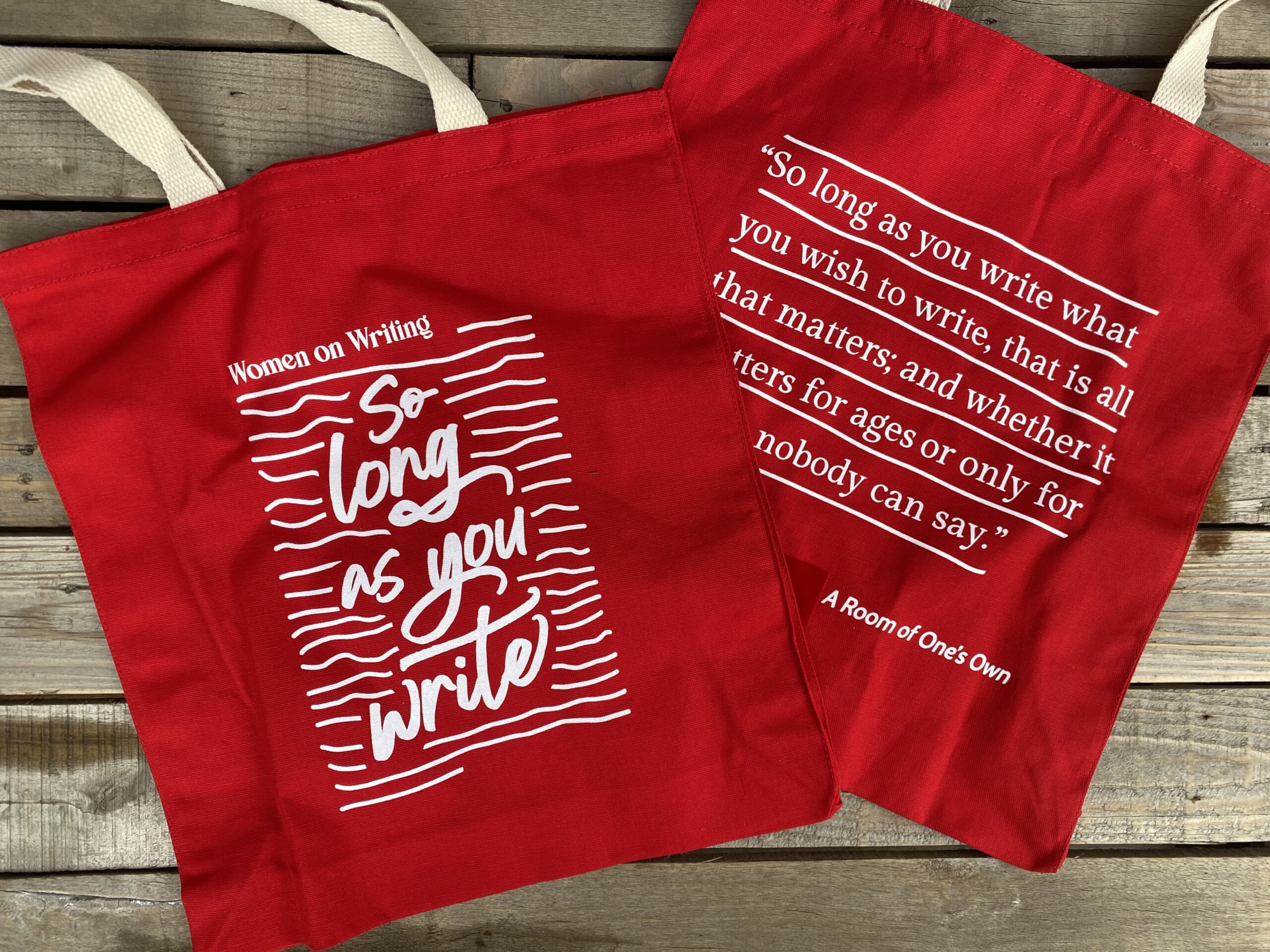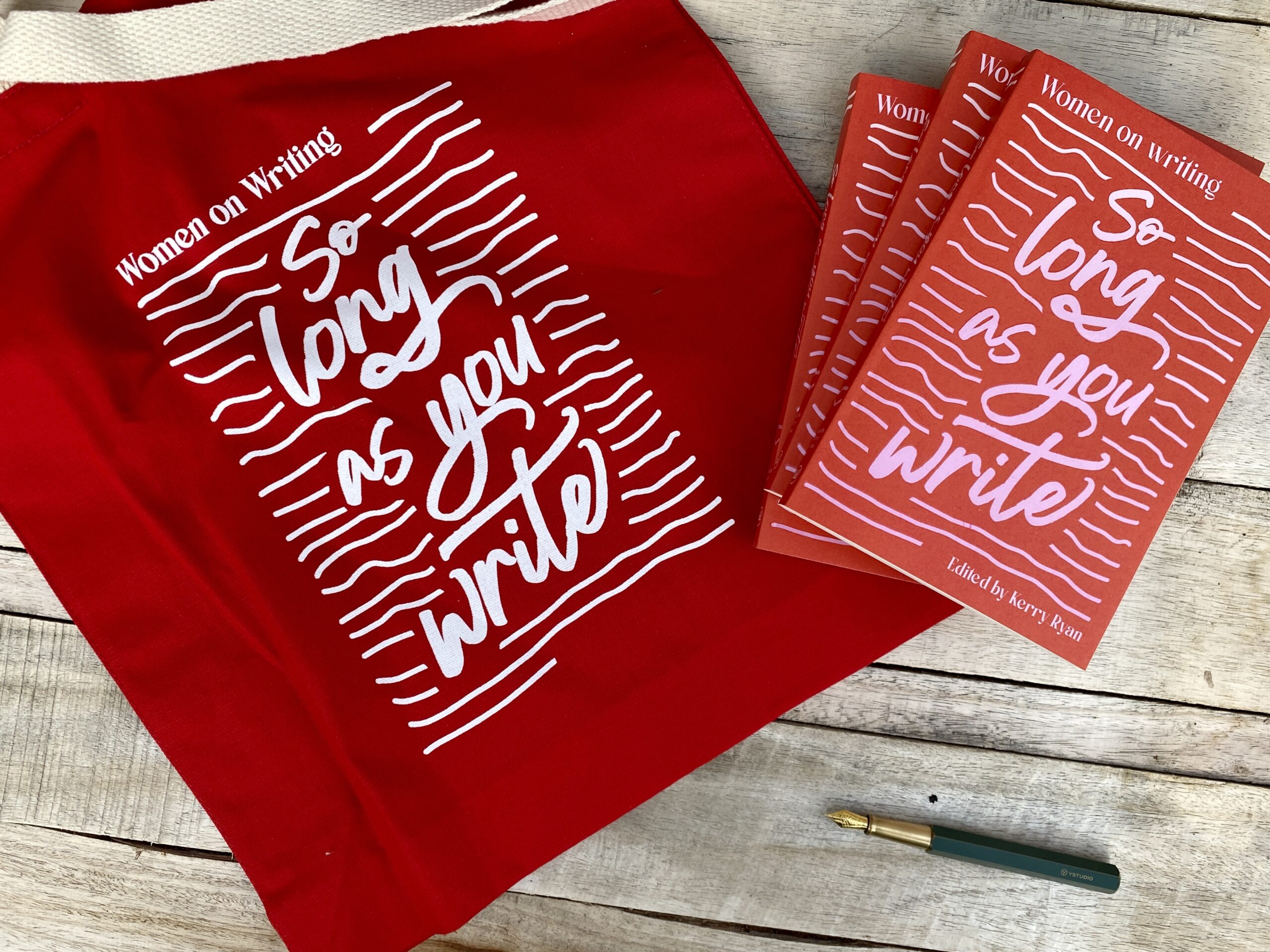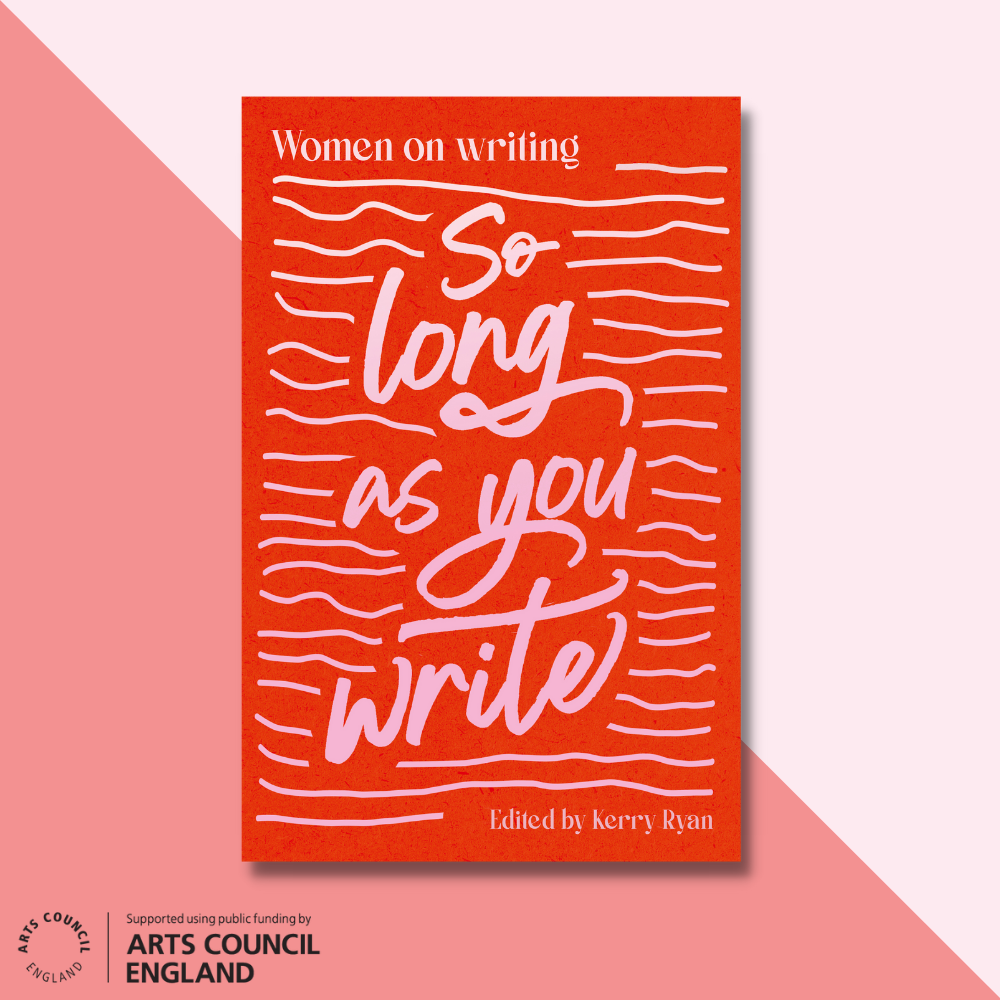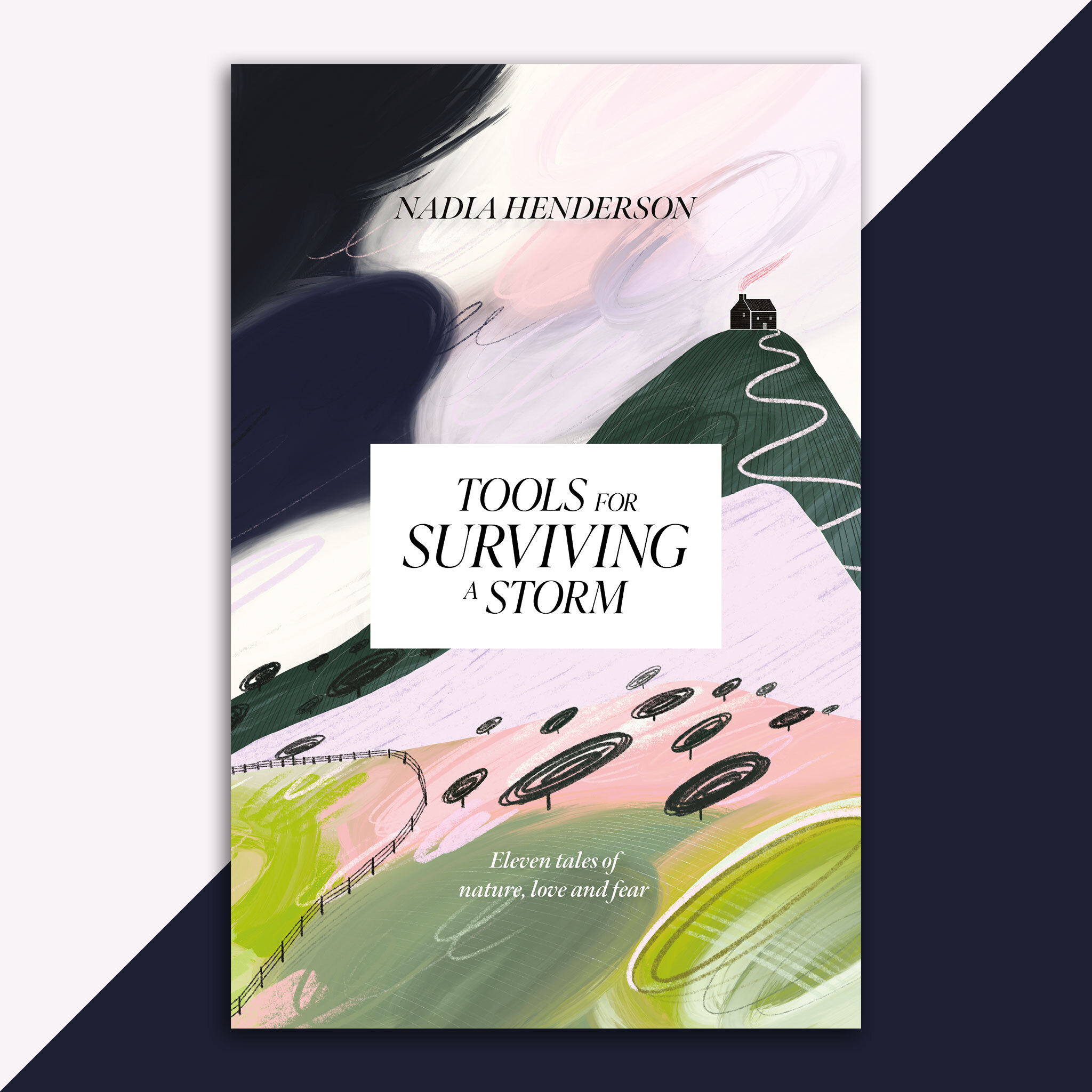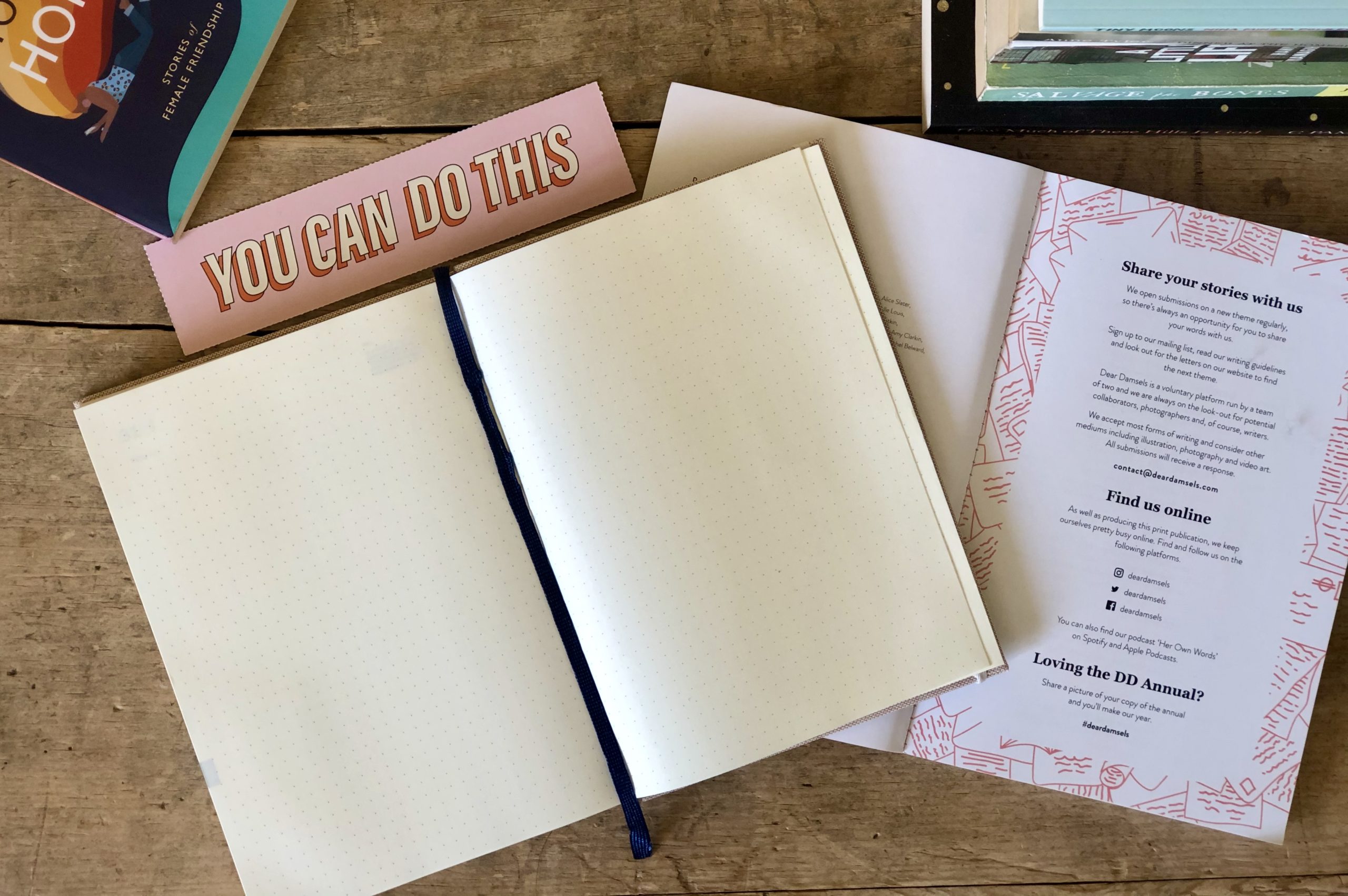KEY CHANGE | Jill Sleight celebrates the euphoria of Eurovision.
by Jill Sleight
I believe that no-one does a key change quite like the Swedes at Eurovision. Ever since I was bedazzled as an eight-year-old by the radiance of Charlotte Perrelli (then Charlotte Nilsson) in her magenta top and trousers, commanding the stage in Jerusalem and eventually grabbing the win with ‘Take Me to Your Heaven’, I’ve been an evangelist for the power of that last-minute burst of energy. That unexpected-yet-of-course-it’s-there moment right when you think the song has no more to give. Because it always has more to give – and when it gets there, if done right, I relish in the chills it gives me.
The Eurovision Song Contest runs in my veins. I cannot remember a time where I wasn’t excitedly anticipating that one week in May (well, it’s actually two and a bit if you count the rehearsals…) where so many countries come together to celebrate the power of music. The Contest – and, in recent years, the friends I’ve made within the fandom – helped me through so many moments I’d rather forget and has been the soundtrack for the moments I want to remember forever. I am unashamedly serious in my love for the ESC and, over the years, I’ve come to see the Swedish entries as an on-the-night highlight, because the Swedish just get it.
There’s no one way to do well in the Contest, no magic formula for success. Music is fluid and every country has its own styles and cultures interwoven into its musical scene. The beauty of the Contest is that you’re presented with a plethora of artists and songs you’d otherwise never have heard – where else can you find thumping Bulgarian trance sitting comfortably next to a beautiful, chills-down-your-spine Balkan ballad? When I say Sweden gets it, I mean that they’re absolutely 100 per cent comfortable in knowing what works for them in the context of the Contest. They’re a country with a formidable pedigree in pop music, and they use that pedigree to its full extent when it comes to selecting an entry for the ESC.
And occasionally, that’ll include a song with a key change to send you ascending to the gods.
If, like me, you turn to music when you need to channel your feelings, a key change helps so very much. It can change the tone of a song from questioning to pleading (think Bros and ‘When Will I Be Famous?’), from whispered sadness into an oncoming storm of devastation, or from a gentle joy to a blistering euphoria. A key change can be an outlet for that most hidden bit of your emotions, an expression through song where just words don’t do it anymore. The lift in the music can be an assist, a hand to hold yours, a reassurance that you’ll be fine and that there will be a tomorrow where you can start again.
It’s amazing how often key changes can be found in songs about facets of love and hope – and how well they fit, regardless of what kind of love or hope the lyrics speak about.
That key change that got me so hooked, the one in ‘Take Me to Your Heaven’, is one of building joy. The song is an ode to a blossoming love, of Charlotte’s impatience and excitement in the knowledge that she’ll meet with her lover before the end of the night. She’s asking him, begging him, to take her to his heaven and to be with her on cold and lonely nights. It’s just humming with that nervous, buzzy energy of something new and electric, and by the time the crucial key change comes, Charlotte’s practically bursting out of herself with excitement. Needless to say, when my boyfriend and I started dating it was a song that was on my mind A Whole Lot.
“It’s amazing how often key changes can be found in songs about facets of love and hope – and how well they fit, regardless of what kind of love or hope the lyrics speak about.”
Key changes and heartbreak also go together seamlessly. Sanna Nielsen is a veteran of the Swedish national finals, and in 2014 (after seven attempts) she finally made it to the big Eurovision stage with a sweeping ballad titled ‘Undo’. The song starts with a fragile, almost music-box like piano before Sanna’s equally fragile vocals kick in. ‘Undo’s lyrics tell of a woman who no longer wants to wait until her fractured relationship turns a corner.
As the song progresses, through her repeated requests for her sadness to be undone, it’s like Sanna becomes more certain of what needs to be done – you can almost hear her finding her feet, finding her determination to walk away (she sings ‘at last, I know what I should do’).
Just before the key change, there’s a pause, like a moment where she collects herself, before affirming that she knows it’s her time to walk away from this person who’s hurt her so badly – and it’s almost like the increased strength in her vocals tells us that she is doing so while she wraps up the song. It’s one example of how a key change can hold your hand as you work through your own emotions – Sanna’s been there; Sanna knows how it feels and wants to give you strength in solidarity.
Then there’s the key change in ‘Too Late for Love’ by John Lundvik. I firmly believe that there is hope in a key change itself, regardless of the further context. But ‘Too Late for Love’ is not only a song about love and hope; it’s a song about hoping for love. There really should be a question mark at the end of that title, because it is a question John asks throughout: ‘Is it too late for love?’
The whole song can be seen as someone reaching out to a ‘the one who got away’. John’s gorgeously mellow vocals ask the person in question how they’ve been, and whether they ever thought of him (I once had this song come on my playlist on a particularly bad day at work and it took me quite a lot to not just answer that out loud with a firm ‘Not that good, John, if I’m being honest’.) He wants to know if what he’s feeling could possibly be reciprocated, and muses on what he could be for this person – what they could be together. The choruses are preceded by John pleading ‘hear me’, the choruses themselves are assisted by a killer foursome of backing vocalists (they’re called The Mamas and I urge you to seek them out), and the whole song builds like the climactic scene from a romance novel. In essence, the song is a question leading to a question, the final ‘hear me’ leading into the key change being more of a plea than a question because it’s no longer the essential question by the end. No, the last chorus of the song ends with John’s voice, so brimming with gentle hope you’re almost afraid to poke at it lest it (and he) collapse like jelly, asking ‘is it?’
Each of these key changes is just filled with hope. Hope of cementing a new love, hope for strength to move on from a broken love, hope that it’s not too late for a connection. Each of these key changes does their bit to make me feel like maybe the world isn’t always so dark. The past few months, I’ve found a lot of release in re-watching older editions of the Contest, and rediscovering these entries in particular was nothing short of life-saving. They (along with countless others) held my hand, reassured me.
And, really, if something like a simple shift in someone’s voice can inspire that – isn’t that reason enough to keep hoping?
Jill Sleight | @sleightsofheart | eurovisionism.wordpress.com
Jill Sleight is the pseudonym of a London-based blogger and writer. If you hadn’t gathered it from this piece, she is quite the fan of the Eurovision Song Contest, which she blogs about on the irregular.
